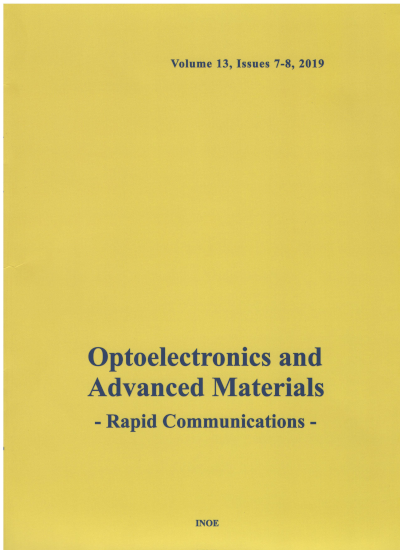Abstract
A security postulate of optical code division multiplexing codes is an imminent forte to study for the elimination of the threats
of eavesdropping. OCDMA system suffers from multiple access interference and cross correlation effects. In this research
article, a high speed (30 Gbps) coherent spectral amplitude coding based OCDMA system is proposed by constructing a
novel ZCC code termed as diagonal identity matrix code. Further, uni-phase, bi-phase and quad-phase modulations are
investigated in the system and their security traits are explored. An expression is derived for the estimation of the signature
code by the eavesdropper in the presence three modulations. In order to facilitate the large number of users, a mapping
free code is designed. DQPSK (quad-phase) modulation is found out to be maximum secure against eavesdropper out of
uni and bi-phase modulations.
Keywords
Uni-phase (NRZ, RZ), Bi-phase (CSRZ, MDRZ, DPSK), Quad-phase (DQPSK), Spectral amplitude coding, Zero cross
correlation codes, WDM, TDM, OCDMA.
Citation
SIMARPREET KAUR, SIMRANJIT SINGH, Security and performance evaluation of different pulse shapes in diagonal identity matrix codes, Optoelectronics and Advanced Materials - Rapid Communications, 15, 5-6, May-June 2021, pp.254-259 (2021).
Submitted at: June 2, 2020
Accepted at: June 11, 2021
